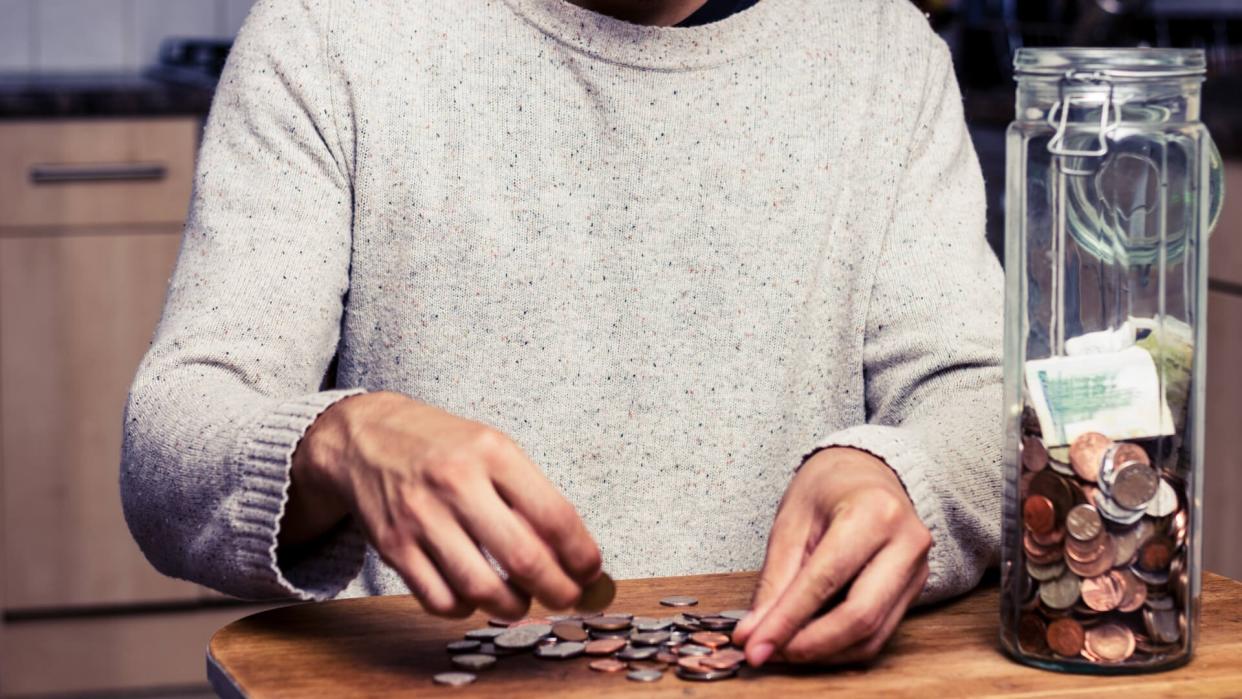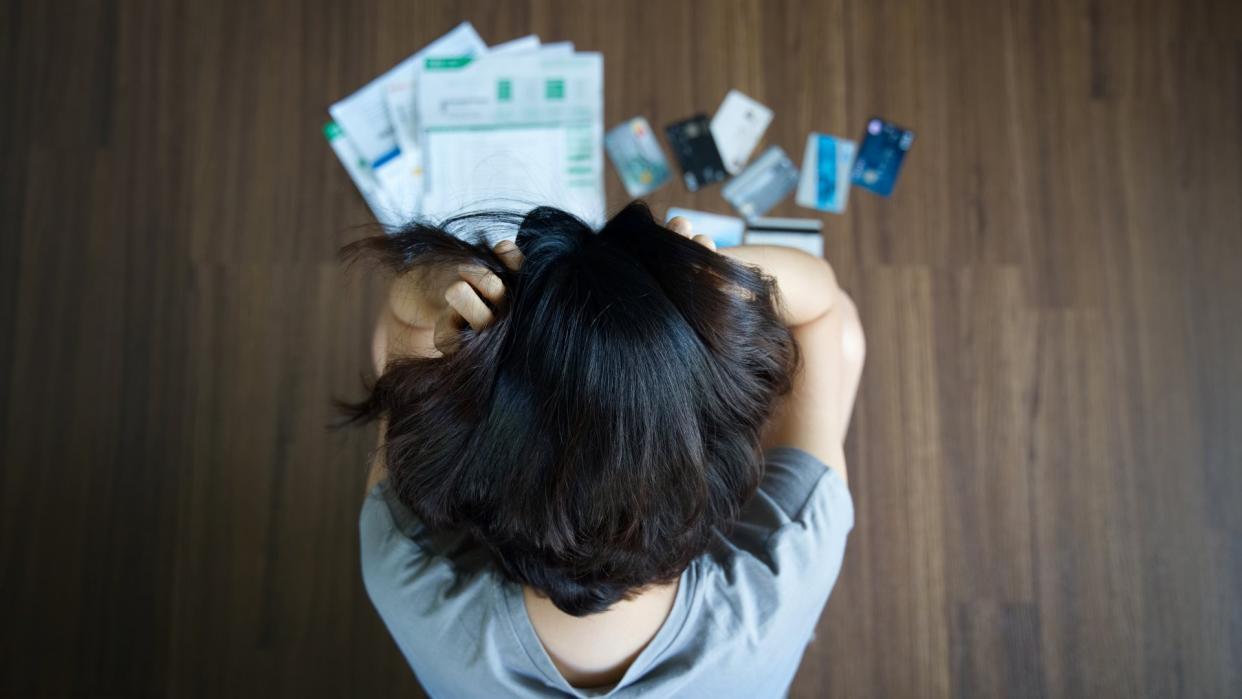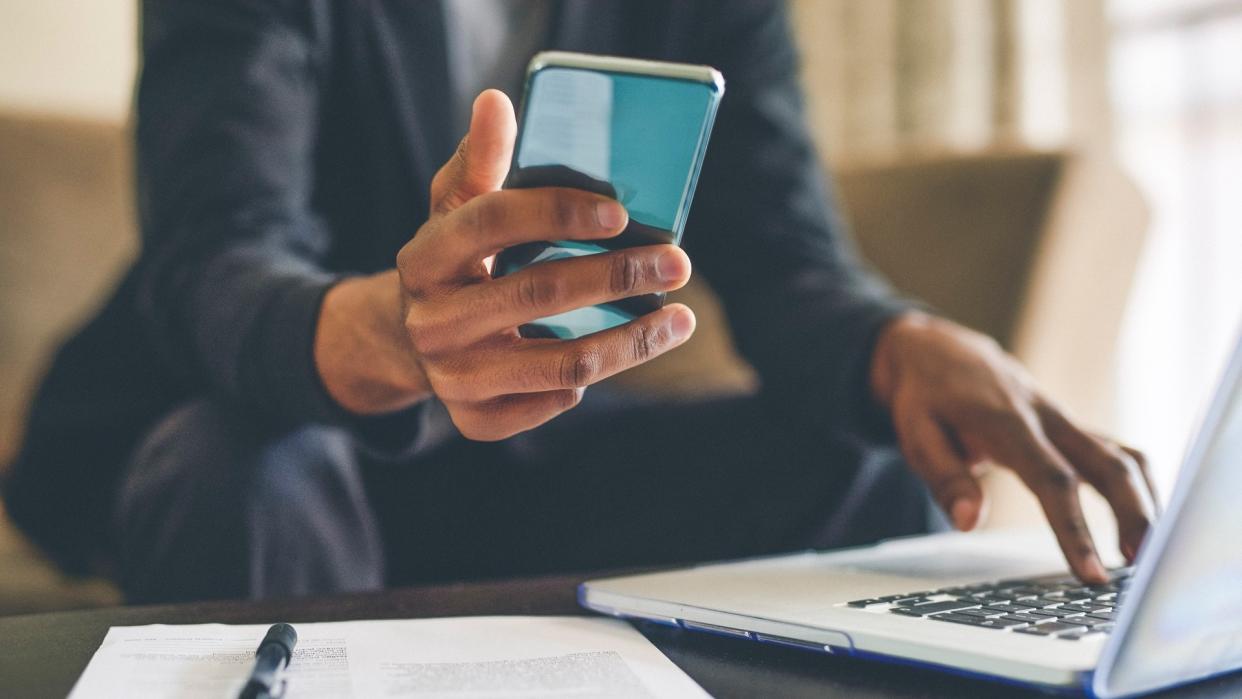9 COVID-19 Money Habits To Stick With in 2021

Although, according to experts, the threat of a pandemic has been looming in the distance for years, most people probably weren’t planning for it. As a result, millions of Americans have suffered job losses or a reduction in work hours, making it difficult to pay expenses.
Related: 12 Essential Money Tips for Every Phase of Your Financial Life
Even so, it’s still possible to find a silver lining in the dark cloud that is COVID-19: Most people now realize that they need to be better prepared financially for a crisis. Plus, they’ve learned some money habits that are helping them weather the storm.
Like all things, this pandemic will eventually come to an end. But that doesn’t mean newfound and beneficial money moves should, too. Here are nine COVID-19 money habits that you should keep in your financial toolbox through 2021 and beyond.
Last updated: May 3, 2021

Get Serious About Building an Emergency Fund
If you’ve paid attention to financial advice at all, you know that experts recommend saving three to six months’ worth of living expenses in an emergency fund. But many Americans didn’t have that much in savings or had only managed to save the minimum when the pandemic hit.
According to a survey from FlexJobs and Prudential, which was conducted in June, 24% of respondents admitted their savings wouldn’t even last one month, while 46% said their savings wouldn’t stretch more than three months. And 62% of respondents said they didn’t have enough savings to last six months.
Now that you’ve witnessed — or experienced firsthand — the impact of sudden job loss and other expenses that can leave people reeling financially, you know it’s time to get serious about building an emergency fund. So aim high. Instead of shooting for an ultimate savings goal of six months of emergency funds, aim for a full year. After all, this pandemic has been going on longer than six months.
See: Here’s How Much Cash You Need Stashed If an Emergency Happens

Skip Some Discretionary Spending
Before the pandemic, many Americans spent money on experiences away from home, such as traveling, eating out, buying concert and movie tickets and spending time at amusement parks and other venues.
But many of those discretionary spending opportunities were put on pause due to mandates and closures. Instead of ramping up your spending once your favorite eatery or amusement park opens back up, why not treat yourself to those experiences on special occasions only?
Read More: 30 Ways To Dig Yourself Out of Debt

Use the Money You Save To Get Rid of Your Debt
Make a habit of using the money you save on discretionary expenses to pay down debt.
If you’ve spent more of your credit card limits than normal or you’ve put a dent in your emergency savings, funnel any money you would have normally spent on lavish weekend dinners toward those areas. Doing so will help you get ahead financially.

Be Smarter About How You Grocery Shop
Curbside shopping and the need to limit public exposure as much as possible have caused people to alter their shopping habits. Being less wasteful with products, taking the time to use coupons and investing in bulk quantities of nonperishable goods to save money are all ways consumers have been dealing with the crisis.
But these aren’t only things you should do during a crisis. Instead, make them part of your daily life. The results will help you save money and be more prepared if something unexpected occurs again.

Remember That Job Security Is Not Guaranteed
You, or someone you know, may have lost a job during this pandemic. Those losses make it clear that you can’t count on continued income from your job to help you stay afloat when things go awry.
Review your finances, including savings, investments, emergency funds and other safety nets to make sure you’re prepared to weather the unexpected.

Have Sufficient Health and Disability Insurance
If this pandemic has taught us anything, it’s that you need to plan for the unexpected, such as illnesses and deaths. If you do not have sufficient health, disability or life insurance in place, shop around to see if you can cover those gaps.
If you are the main wage earner for your family and you suddenly become very ill, permanently disabled or even die, the financial fallout could be devastating to your family.
Take a Look: States With the Cheapest Healthcare Costs

Pick Up a Side Hustle or Two
Saving can be hard — especially if you’re trying to catch up on the expenses you’ve had to put off the last few months. Instead of watching TV or sleeping in during your free time, pick up a side hustle or two that will allow you to catch up and get ahead financially.
Here are some to consider:
Create templates in the form of checklists, planners, resume templates, holiday cards or games and sell the downloads on Etsy.
Start selling products for a commission, such as Tupperware or Pampered Chef.
Deliver packages for Amazon via AmazonFlex.
Sell slightly used goods via online marketplaces, like eBay or Poshmark.

Monitor Automatic Spending
If you’ve been struggling to make ends meet, you’ve likely been closely watching what goes in and comes out of your bank account. If you belonged to a gym when the pandemic struck, you likely froze your membership or canceled it altogether. After all, why waste money on something you’re not using?
Take it a step further and track down those unused subscriptions you’ve been paying for monthly that you always forget about. They may only be a few dollars each, but when you look at the total amount of money you’re wasting, it can be eye-opening.
And you don’t have to go it alone. Apps like Truebill can help save you time by seeking out subscriptions you forgot about and helping you cancel them.

Ask For Discounts and Better Deals
During this trying time, it’s likely that you’ve had to go out of your way and ask for things that you’re unable to get on your own or need assistance with. You can’t get what you don’t ask for, so always ask for a better deal — no matter what.
Call your service providers — cellphone, cable — and see if you can negotiate a better deal. If you make it known you have other options for service, they may be willing to work with you to keep your business.
You can also call your creditors and ask them to lower your interest rates. For best results, however, only do this if your balances aren’t maxed out and you’ve been paying on time.
More From GOBankingRates
Money’s Most Influential: Where Do Americans Get Their Financial Advice?
‘Rich Dad Poor Dad’ Author Robert Kiyosaki: You Should Never Say ‘I Can’t Afford That’
This article originally appeared on GOBankingRates.com: 9 COVID-19 Money Habits To Stick With in 2021
